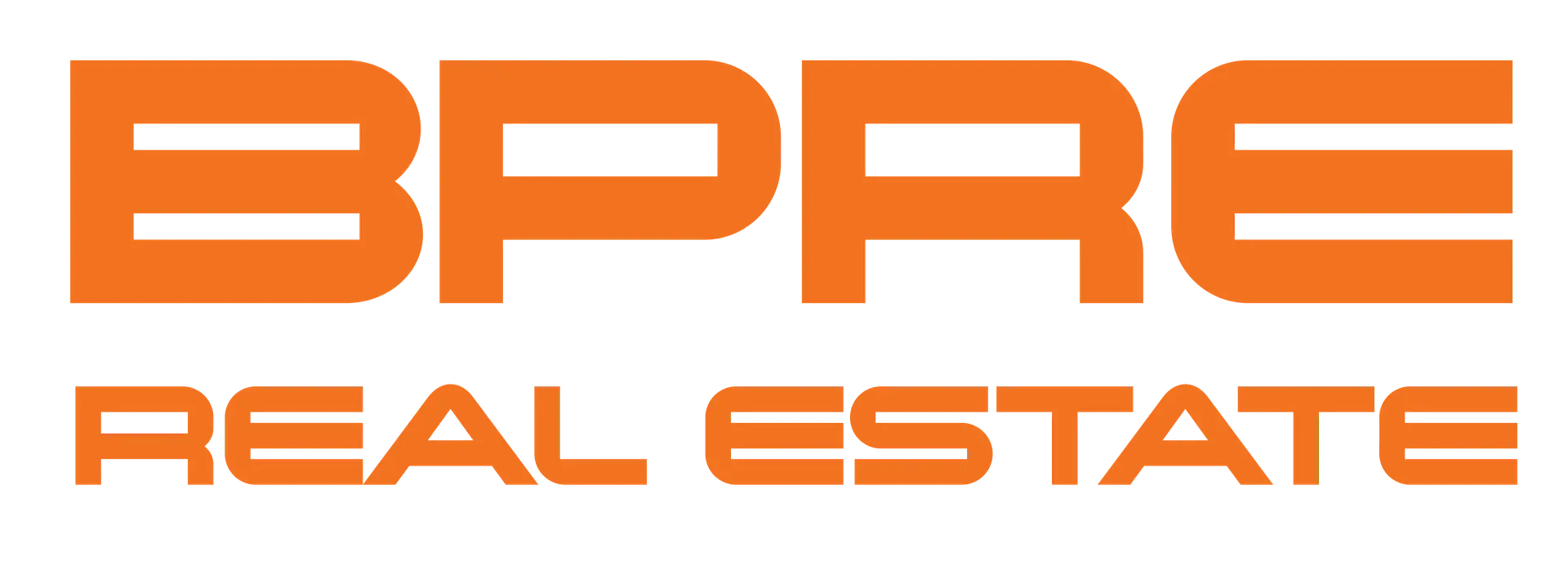
Buying a home is probably the most important financial decision that anyone will ever make!
Your biggest financial decision
 It is important to do some preliminary homework so that the property you buy represents the best value for your money. Buying a property can be a very emotional and stressful process. The following guide will help you to identify some of the steps involved in finding and securing your property.
It is important to do some preliminary homework so that the property you buy represents the best value for your money. Buying a property can be a very emotional and stressful process. The following guide will help you to identify some of the steps involved in finding and securing your property.
Make an informed decision
There are many ways to gather useful information to help you find and finance your prospective property. You may start in the property section of the weekend newspapers, talking to some of your local real estate agents, and property magazines, and of course navigating through various property websites, please View Properties for Sale. Attending auctions in different suburbs will help you to establish value for money and to get the feel of the property market as this will also give you the opportunity of talking to other hopeful buyers and investors.
The more information you collect about the property market you will find that more buying opportunities will present themselves.
Once you have determined your property needs such as whether to purchase a house, apartment, or townhouse based on the wealth of information you have researched you can then consider where to buy.
Location
One of the most important considerations when buying a property is located. The suburb and the actual position of the house in a street or whether the apartment is facing north or south with district or water views can make all the difference. A good location will always attract high demand from home buyers and investors. A popular area will maximize the capital growth of your property.
Buyers are always looking at properties in a good infrastructure with convenience to amenities such as close proximity to shops, schools, transport, and hospitals.
What can you afford?
The type of property you will eventually buy will depend on your borrowing capacity. Borrowing capacity will depend on:
- Your surplus annual income
- Your saved deposit
- Your work history
Please refer to How much can I borrow based on my income calculator and How much can I borrow based on my deposit calculator (please note that your borrowing capacity based on your income may differ considerably to the borrowing amount based on your deposit – the lower amount will always prevail).
You should always talk to your current bank about arranging for a home loan pre-approval before you start to shop around with other banks. You have an established history with your bank and it will make the loan application process a little easier, please refer to Loan Interview and Application Assessment.
Buying a new property will always incur additional costs such as stamp duty on the transfer of land, lenders’ mortgage insurance, conveyancing, registration fees, and search fees please refer to the Home Buying Associated Costs and Borrowing costs calculator for a full summary.
Choosing your property
With your finance pre-approval in order, you will now feel confident looking for the property and negotiating a favorable price.
At this stage, you are pretty much well into your home buying process. Reviewing your local and weekend papers, and talking to real estate agents conducting web searches will provide you with many property buying opportunities. Once you have filtered through your shortlist and decide on the actual property you should consider undertaking property inspections for peace of mind or a strata inspection if the property is an apartment.
Once the inspection reports show the all clear you may consider exchanging the contract of sale by paying the usual 10 percent deposit.
Settlement
Most contracts in NSW are usually settled within 6 weeks (42 days) of exchanging the contract of sale. Technically, settling a property means that the legal transfer of the property passes from the vendor to the buyer. The settlement is usually conducted by mutual arrangement between your solicitor, the bank’s solicitor, and the vendor’s solicitor. At this stage, you become the legal owner of the property and indebted to the bank for the loan amount for the term of the mortgage.

